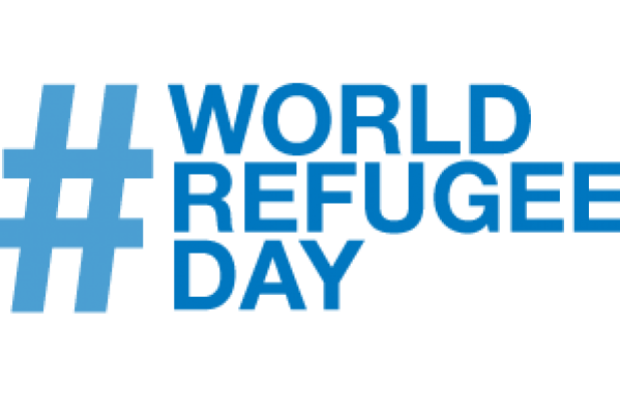ETUCE stands with refugees on ‘World Refugee Day’
Published:
In a world where violence, wars and diverse disasters force thousands of families to flee for their lives each day, the time is now to show that the education trade unions stand with refugees. On World Refugee Day, held every year on 20 June, we commemorate the strength, courage and perseverance of millions of refugees. This year, World Refugee Day marks a key moment for the public to show support for families who have been forced to flee from their homes.
Today, EI/ETUCE member organisations wish to draw attention to the important work teachers and education trade unions are accomplishing to further educational integration of refugees and newly arrived migrants in Europe and elsewhere in the world.
ETUCE European Director, Susan Flocken, states: “Education trade unions are key to defending and promoting the rights of migrants and refugees and in supporting their successful integration. ETUCE calls on governments and education authorities to act with solidarity and shared responsibility in providing more assistance for the integration of migrants and refugees. Especially in the EU, member states need to improve their coordination and step up their efforts in integrating refugees through appropriate teacher training and language support as well as promoting better skills recognition, language acquisition and qualifications assessment across countries”.
Noteworthy are in this context the EI Open Society Foundation projects and the ETUCE/EFEE project: “European Sectoral Social Partners in Education promoting effective integration of migrants and refugees in education”. The project aims to promote successful methods of migrant education in schools as well as evaluating current policies and practices, to establish a concrete set of proposals and recommendations for national member organisations and governments. The project addresses issues such as diversity in the teaching workforce, language support and psychosocial counselling for better migrant education. More precisely, the project consists of three case study visits to Spain, Serbia and Belgium which will be followed by two seminars in Denmark and Cyprus as well as the production of a research-report, a video documentary, practical guidelines and a draft quality framework of effective practices.
The first of the three case studies took place on the 16th and 17th of May in Spain. On the first day participants learned from Spanish social partners and other stakeholders about the impact of enduring budget cuts, education system segmentation and the lack of a national strategy addressing specifically the integration of migrants and refugees in schools and education institutions. The second day, the delegation had the chance to visit the ACE (Aula de Compensacion Educativa) center of the La Senda high school, to witness the difficult professional and working conditions of teachers and educators dealing with students of migrant origins and from disadvantaged background. Teachers, trainers, the school leader and union representatives shed light on the biggest obstacles they face, including the deteriorating working conditions of those teachers working in public schools from the most disadvantaged areas: precarious contracts and lack of continuity in teaching and learning was felt as one of the biggest challenge to effective integration of refugees and migrant in education. The study delegation also had the opportunity to raise the attention on the current challenges in schools and education institutions to representatives from the Spanish Ministry of Education, Culture and Sport